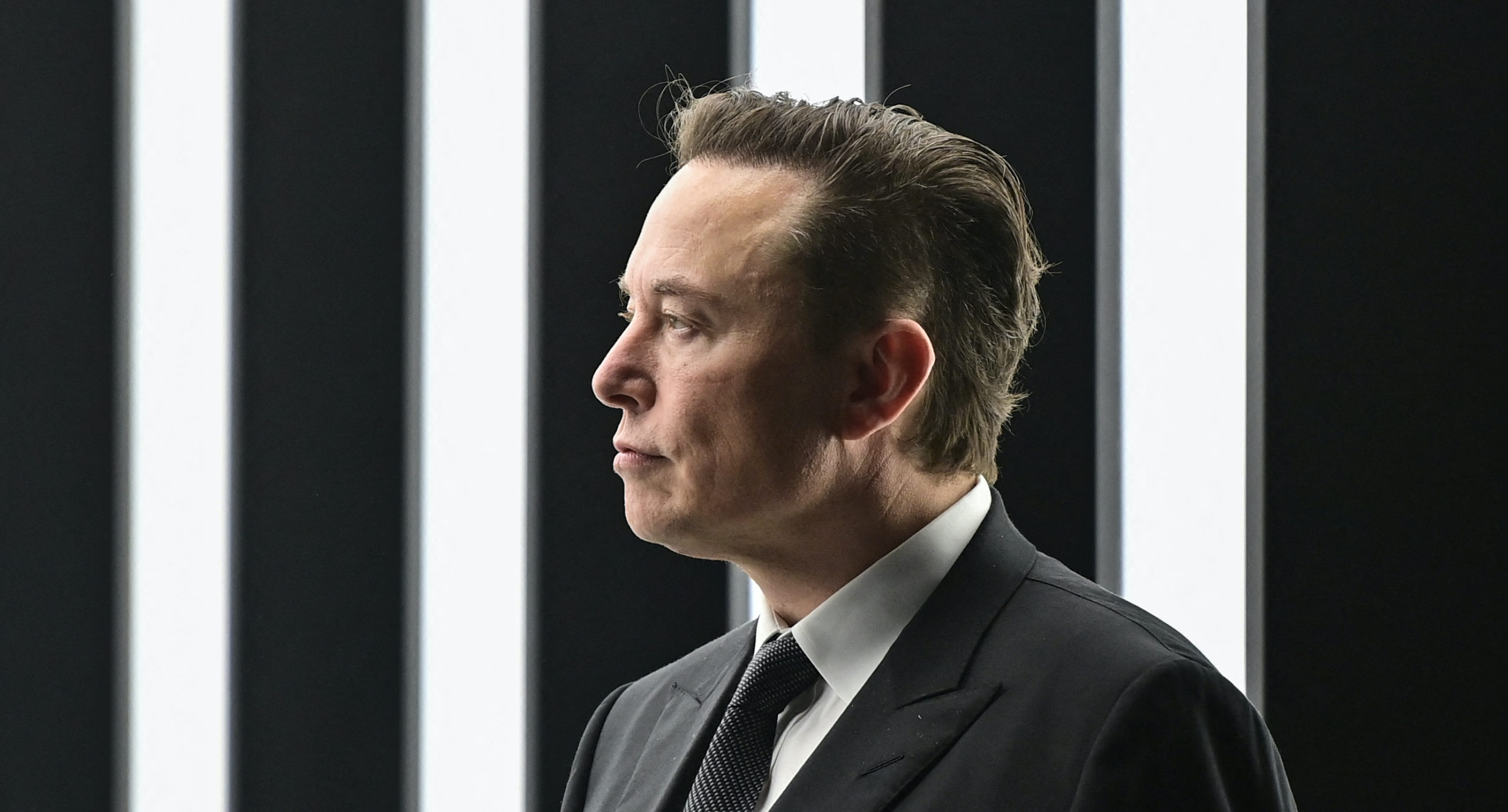Saudi Arabia’s public squares echo to the sound of sword on bone. They flow with human blood. “Seven men, two of whom were under 18 when arrested, were shot in a public square”, Amnesty reported. “They were not officially informed of their execution, but found out about it through friends and relatives who had sent them photos of seven mounds of earth being erected in the public square.”
Perhaps that’s what attracted Al Waleed bin Talal, the grandson of the first King of Saudi Arabia to Twitter (Waleed was until last month social media giant’s largest shareholder). Twitter is a global theatre for hazing, ritual humiliation and punishment, where hierarchies congratulate each other, preen and remind us of their status. Like a public execution, Twitter draws a crowd that can’t help but gawp. Twitter is also a “digital public square” according to its new owner Elon Musk, who has agreed to buy Twitter from shareholders including Al Waleed. Or at least he says so — he has used the analogy frequently in his brief, debt-financed blitzkrieg takeover bid.
“Twitter has become the de facto public town square, so, it’s really important that people have both the reality and the perception that they’re able to speak freely within the bounds of the law,” Musk said last week.
But Twitter is a “public square” only in the synecdochic sense of being a public square. It can be like one, but it can never be one. In a real-world public square, a stranger or a lowly denizen could join the assembly and, by using reason and wit, win over the crowd with an argument. For after real-life engagements, people may cheerfully relinquish their position, and mutual forgiveness allow both sides to move on.
This happens online, rarely, when a common affinity is shared: membership of a church, or a street, or following the same football team. But never on Twitter, for too much is at stake: it’s too big, and it’s too flat, and so hierarchies of status develop instead. In the echo chambers of Cathedral opinion – in the media, the law and the governmental blob — status matters a great deal, and so Twitter matters a great deal too; they talk of little else.
There are unwritten rules about how these status hierarchies work. A user with 50 followers will be bullied by one with 500. One with 500 followers will be bullied by one with 5,000, and so on. For example, last week saw a drive-by shooting of the barrister Steven Barrett, who happens to be a conservative, by the high-status Twitter lawyer ‘The Secret Barrister’, who has used platform to develop a career as an author and enhance his influence, particularly as a campaigner. Still, The when the big beast of the Twitter legal jungle, Jolyon Maugham QC, came after The Secret Barrister over a separate issue, it was the latter who backed down.
A real public square allows the lowliest individual to express themselves, unlike Twitter, which rewards the brashest characters who make lots of noise, and who have little self-awareness, and even less shame can flourish. Like Maugham, like former President Donald Trump – two needy peas from the same pod – and for that matter, like Musk himself, the richest and noisiest man in the world. No wonder he bought it.











Join the discussion
Join like minded readers that support our journalism by becoming a paid subscriber
To join the discussion in the comments, become a paid subscriber.
Join like minded readers that support our journalism, read unlimited articles and enjoy other subscriber-only benefits.
Subscribe